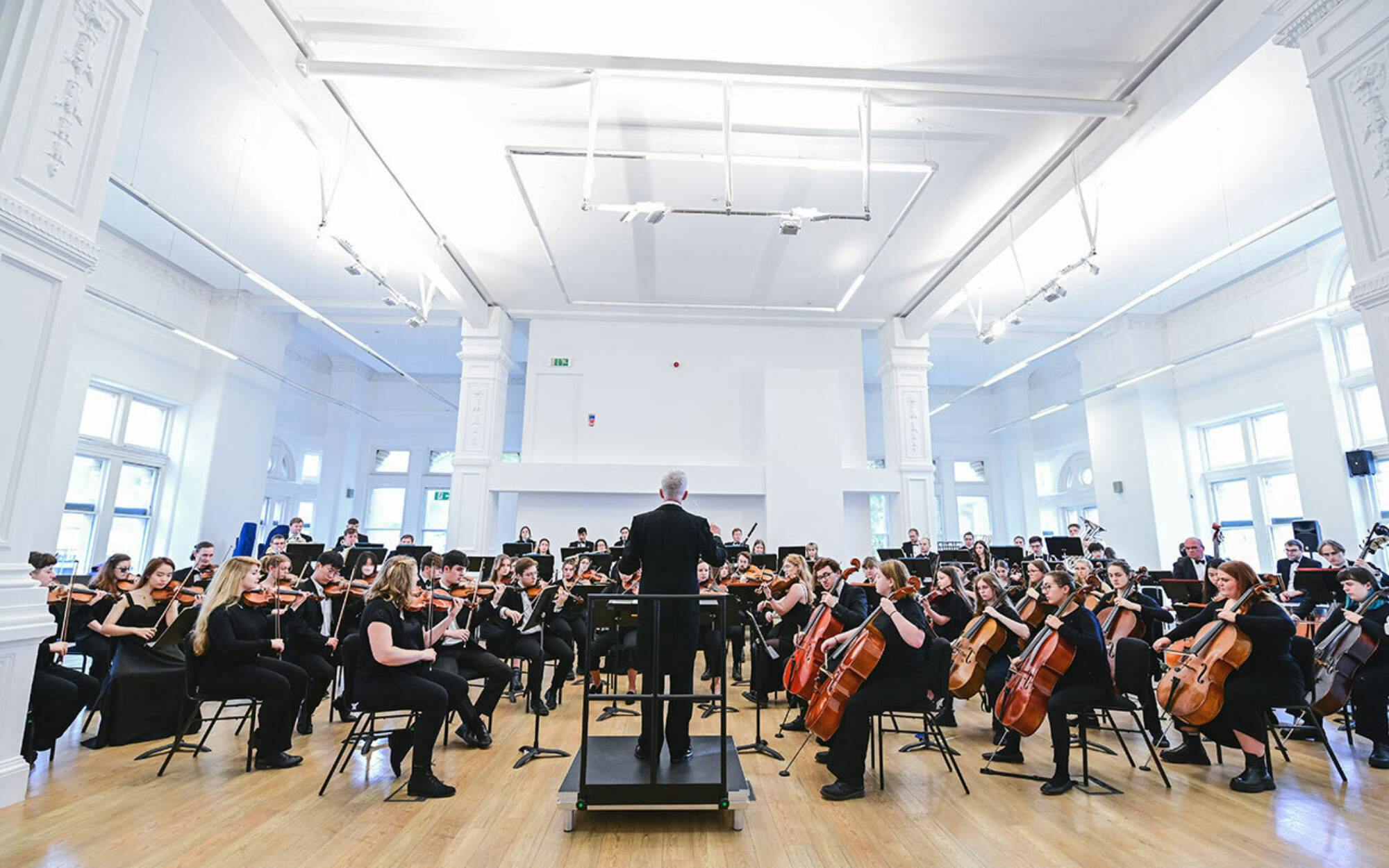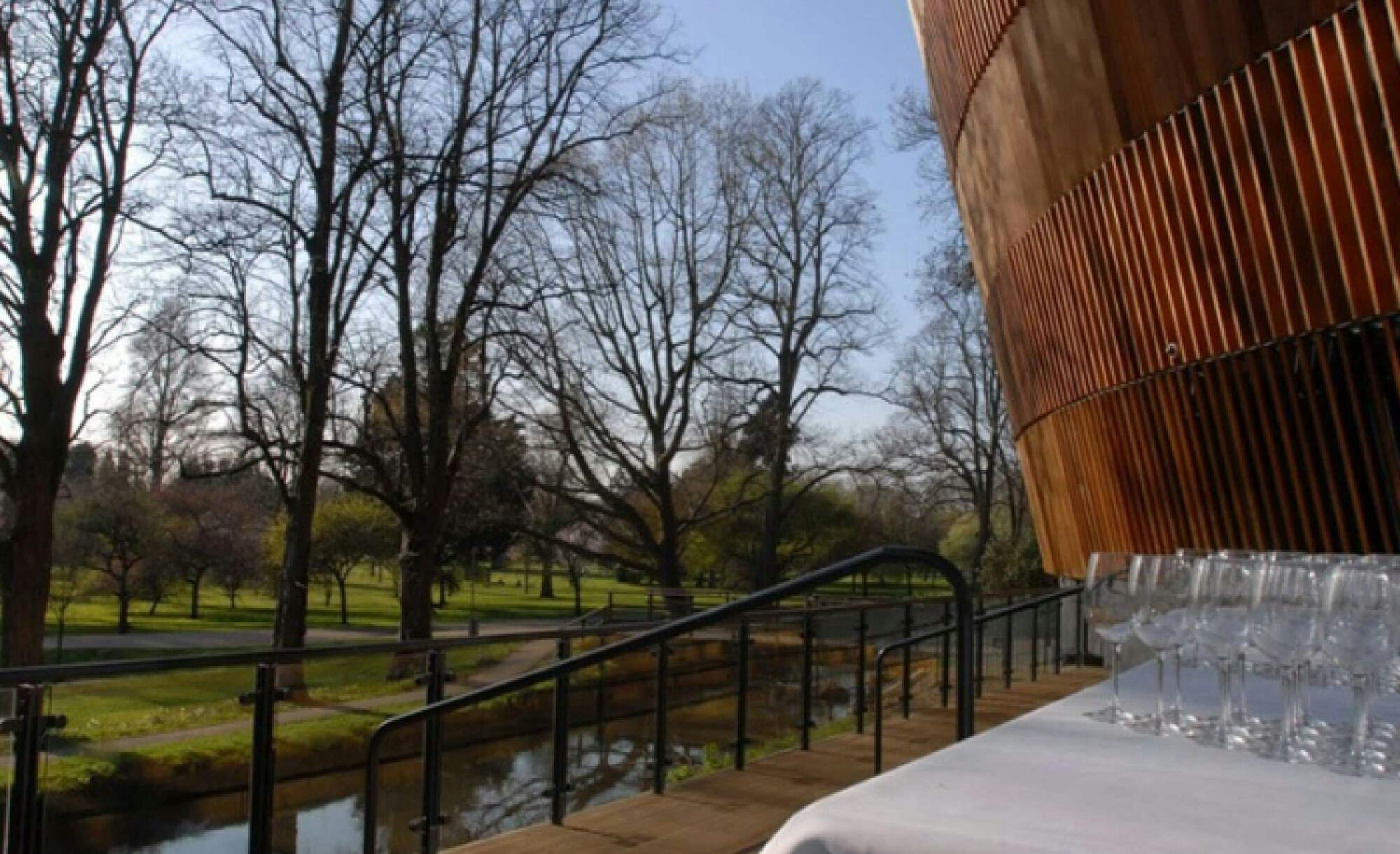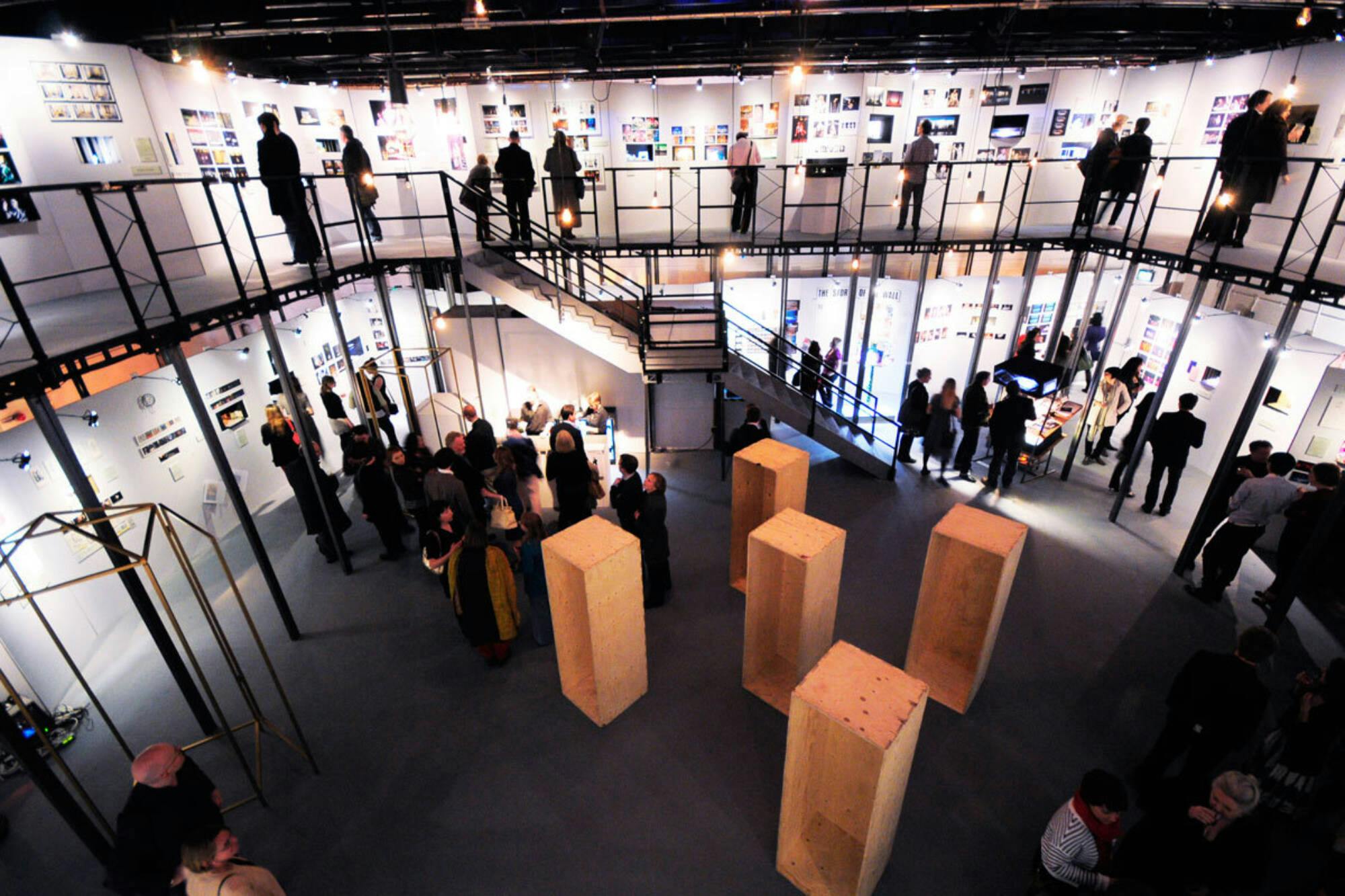
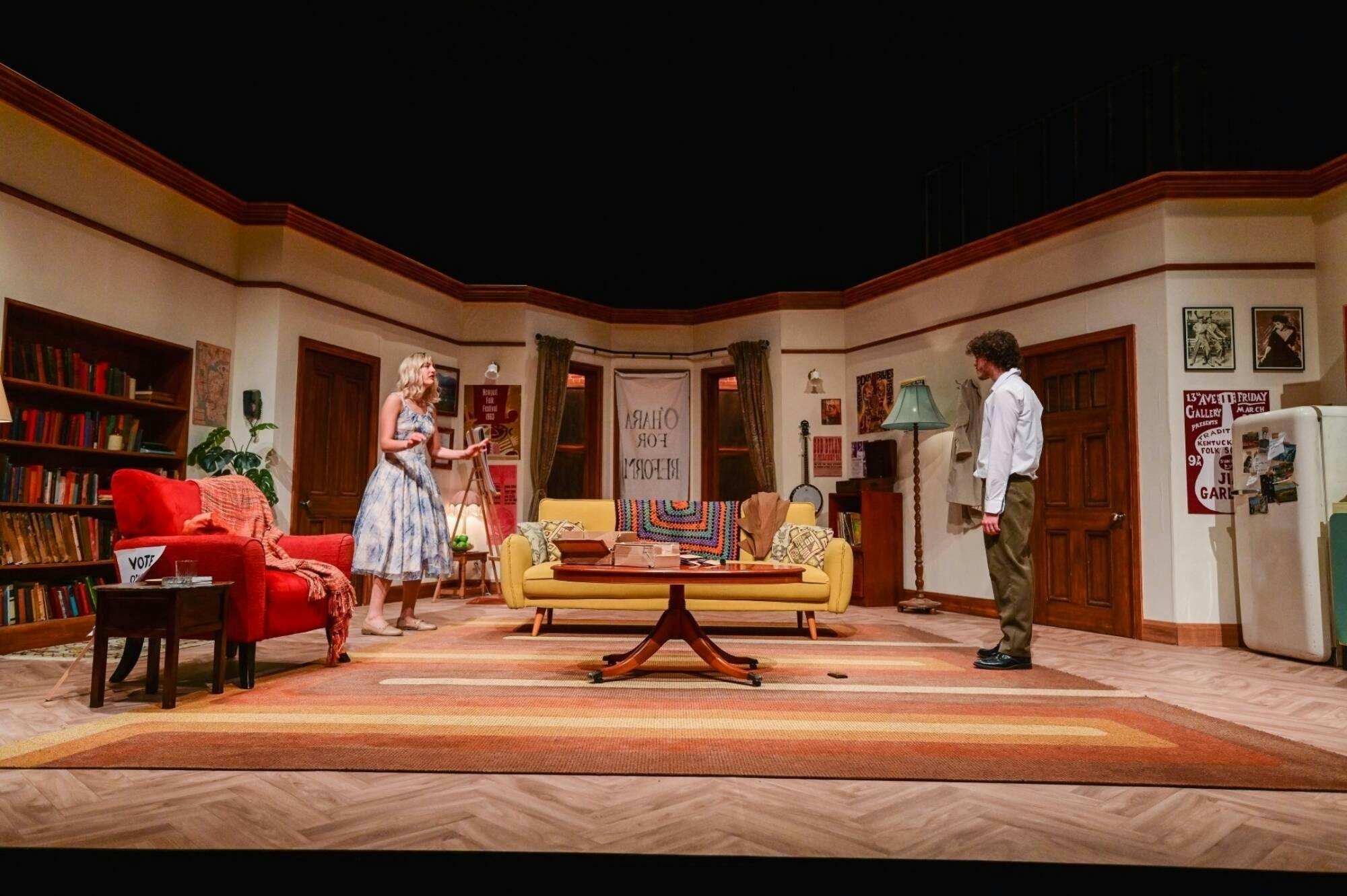
Research at RWCMD
At RWCMD, our ambition is to create an integrated research and enterprise environment incubating new work and innovating for the arts.
Innovating for the arts
We aim to champion new artistic work and professional practice across the disciplines, making the best use of integrated technologies.
Our approach to innovation is underpinned by a structured research and knowledge exchange environment, with focussed research areas, a collaborative way of working and knowledge exchange built into our work.
Research environment
Through enterprising student-led and graduate work incubated and embedded through our degree programmes, we also use innovation as a way of connecting with new audiences.
Read our research impact stories

Three international design exhibitions showcasing production arts in Wales

Real-time composition in support of the Welsh film and TV industry
Staff research biographies

Rorie Brophy

Karen Pimbley

Sean Crowley

Allie Edge
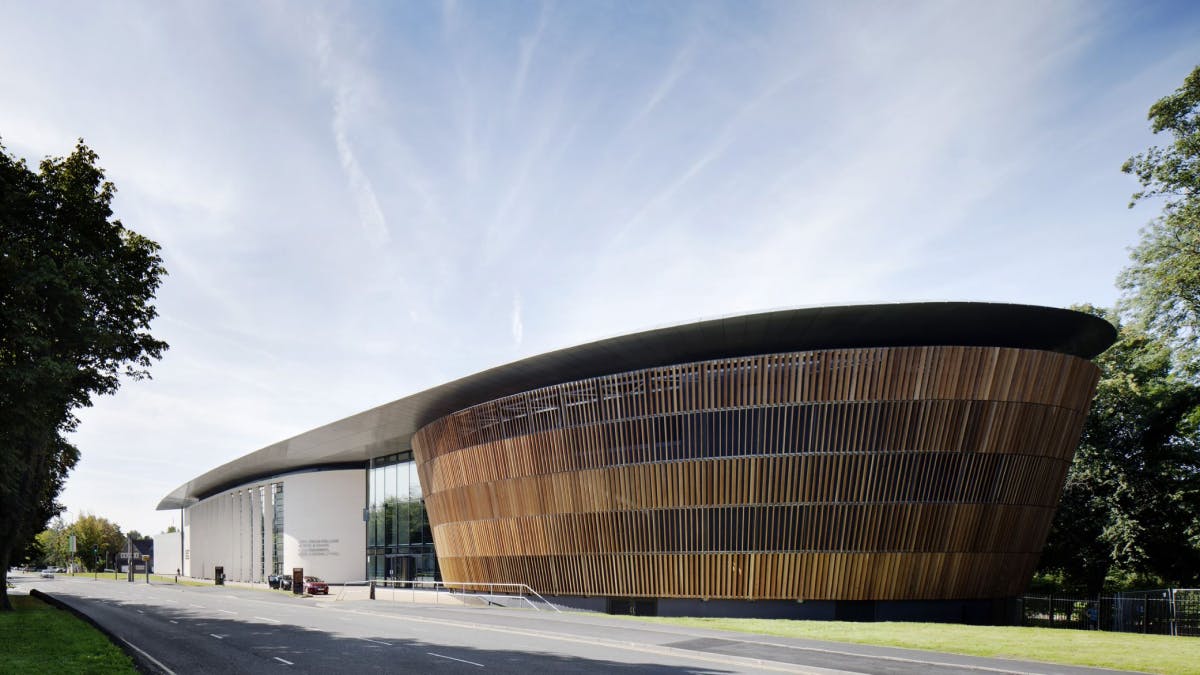

Helena Gaunt

Lucy Hall

John Hardy
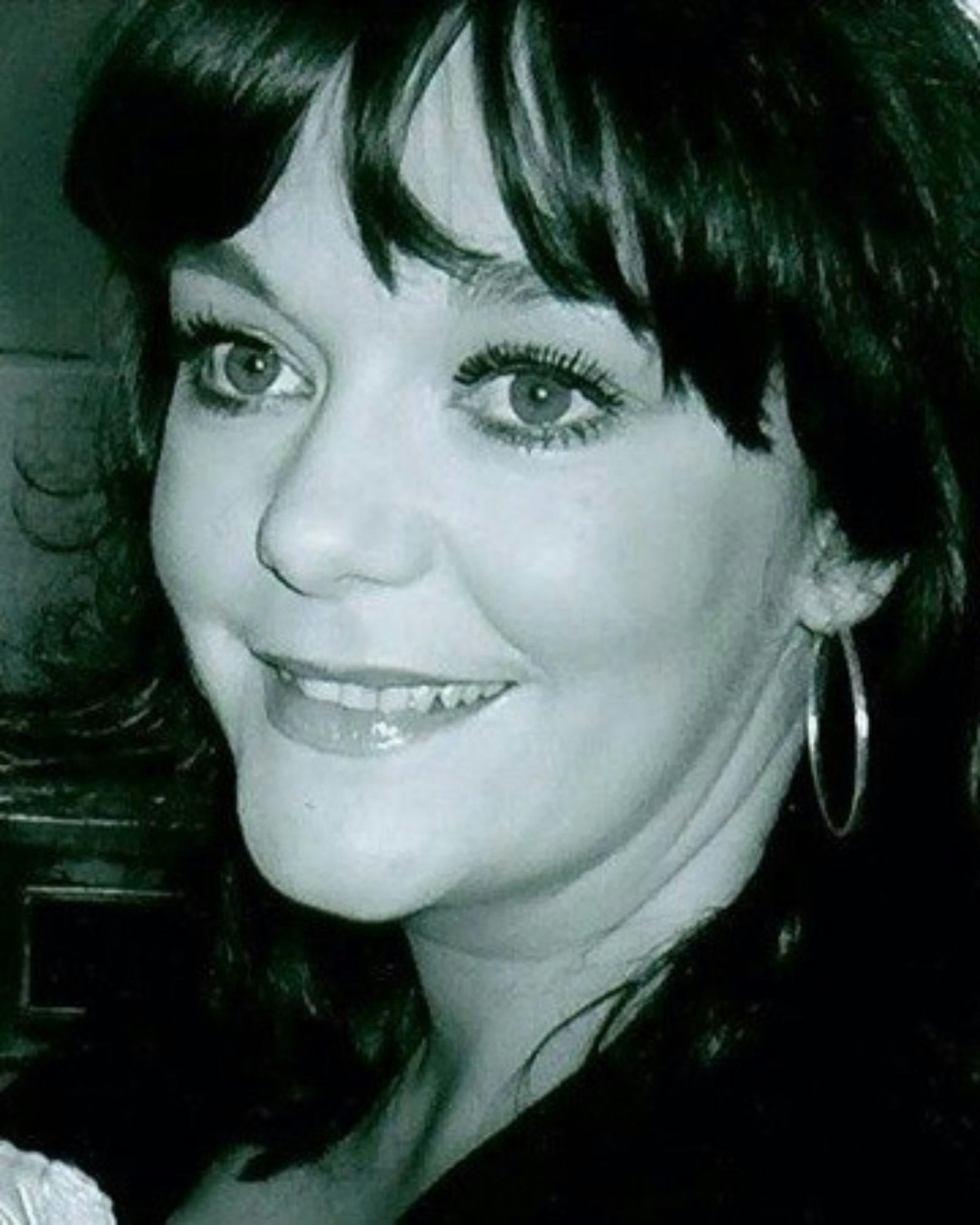
Patricia Logue
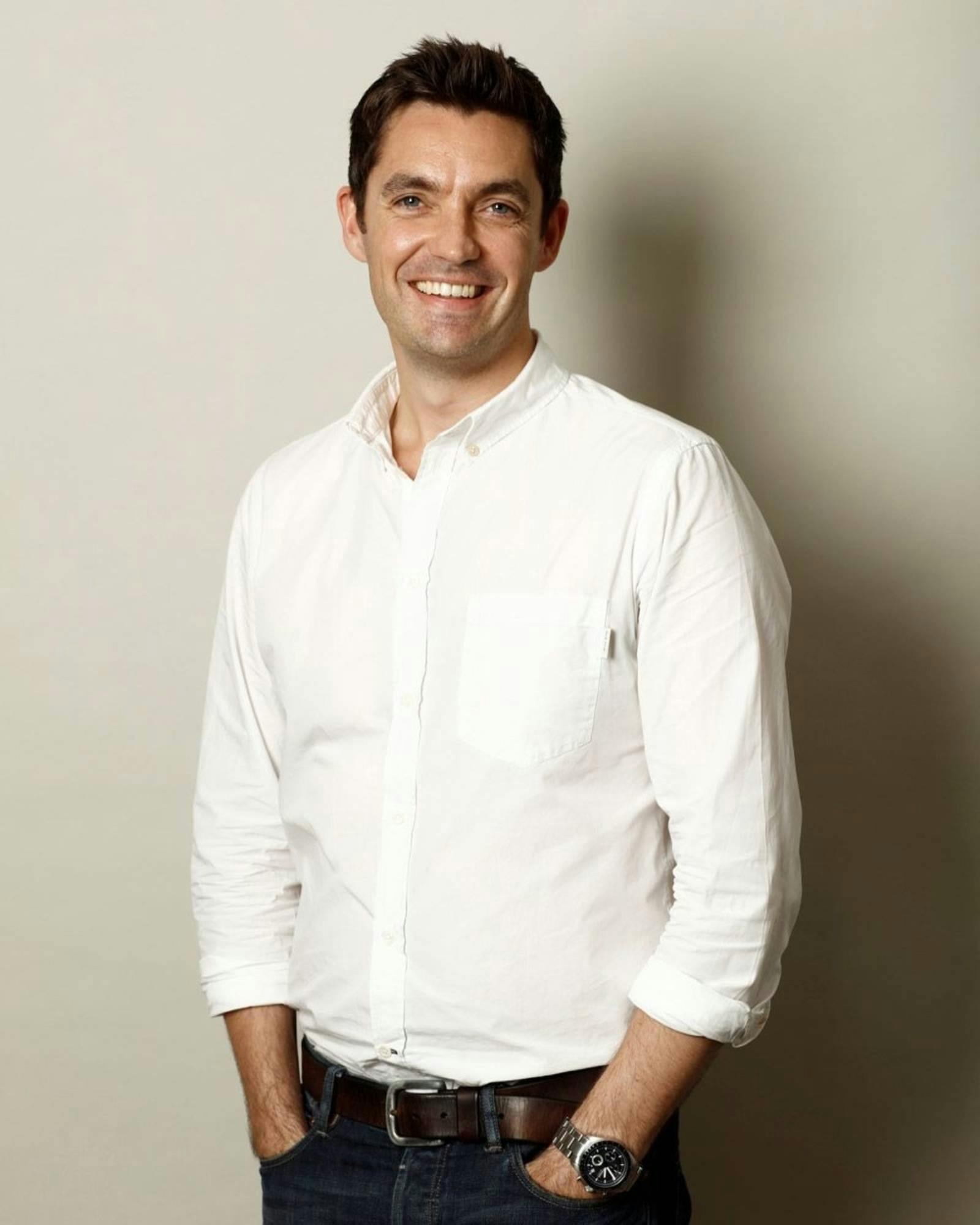
Jonathan Munby

Kevin Price

Simon Reeves
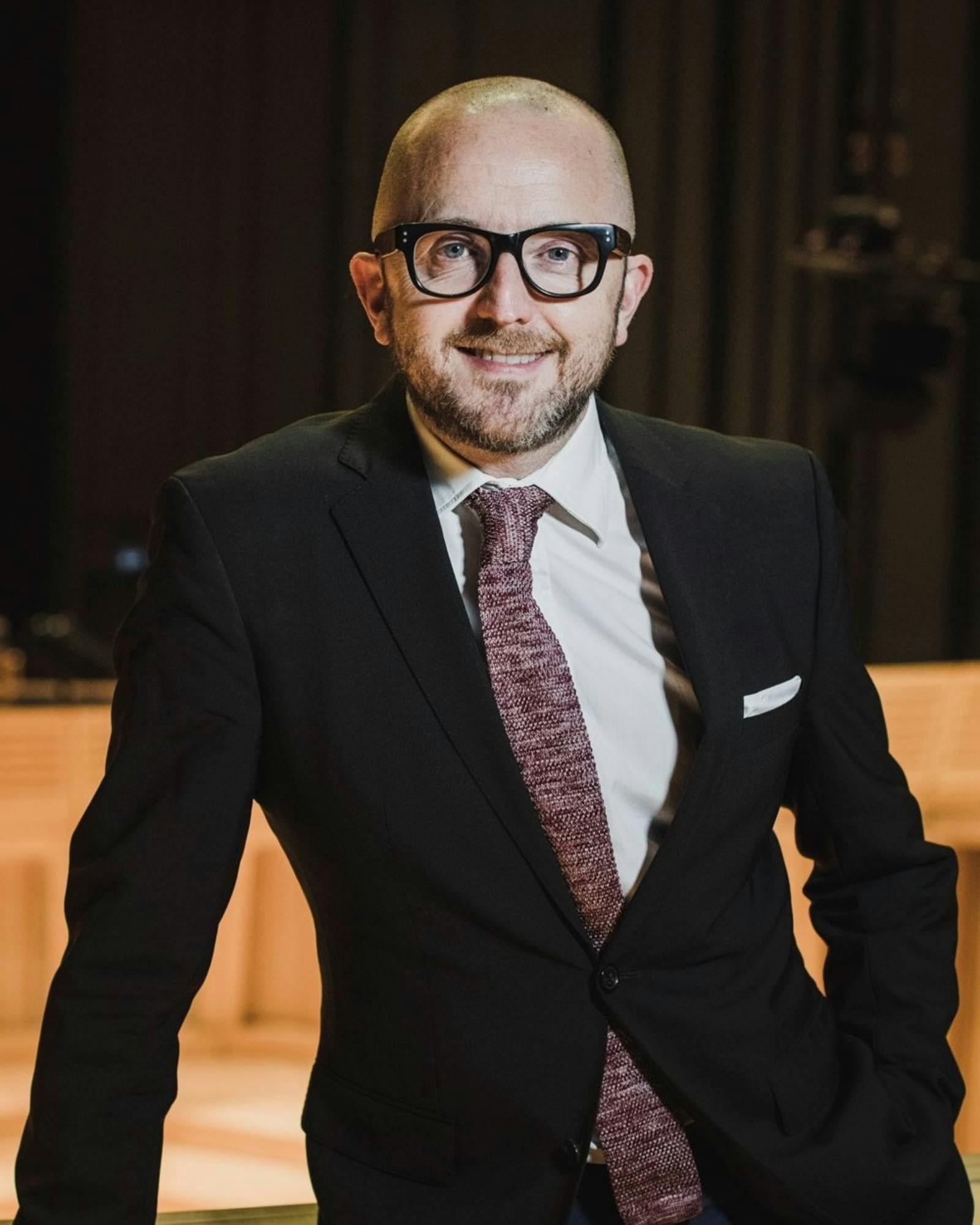
Tim Rhys-Evans
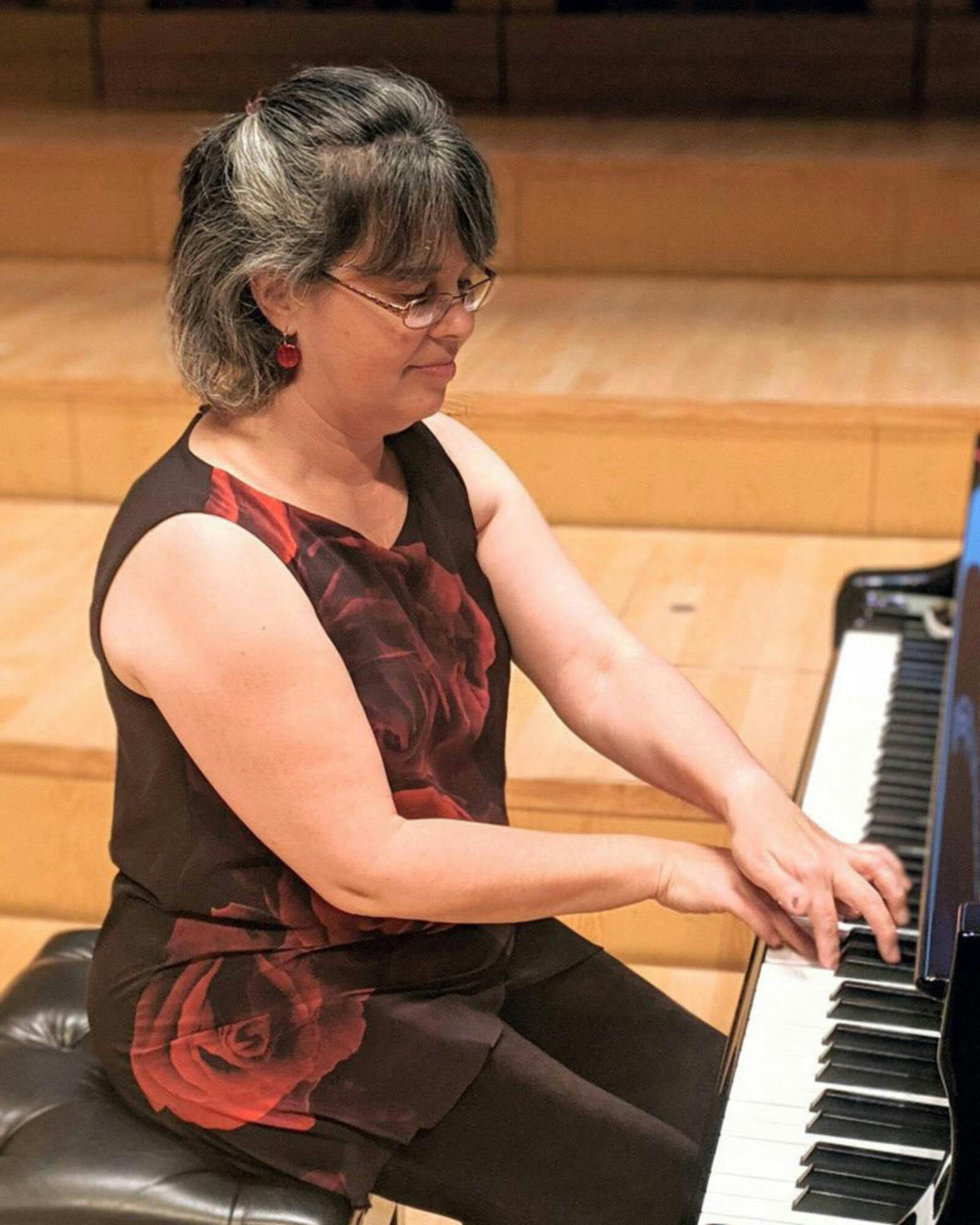
Zoë Smith
Sign up to receive our latest updates
An email asking you to confirm your address will be sent. Please check your spam / junk folder if the email doesn’t arrive within a few minutes.
The College takes the protection of all personal information seriously and is fully committed to the protection of the rights and freedoms of all individuals. We will process your data according to our privacy statement, which you can read at https://www.rwcmd.ac.uk/privacy


